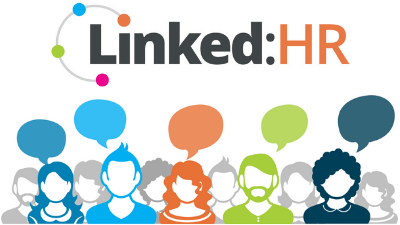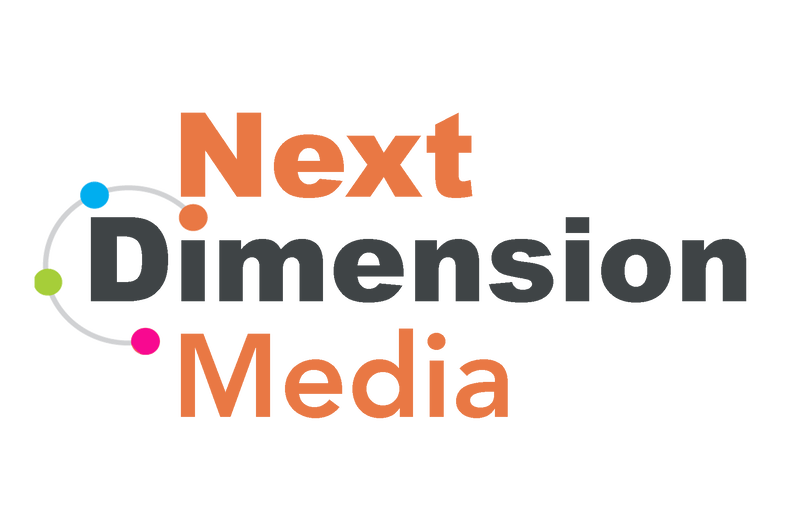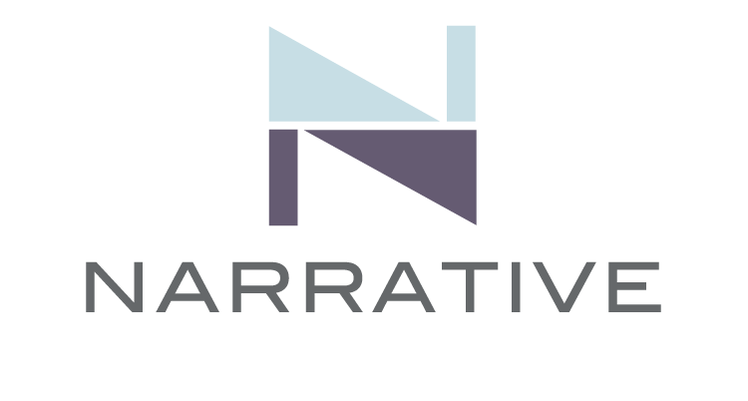|
Ok, it sounds simple. Learn how to plan. Focus on efficiency. Follow through on your actions. Develop the habit to specify the steps of your projects and anticipate your future needs. Enhance your own objectivity. Who wouldn’t want to learn to be thorough, efficient, and effective? Who wouldn’t like to use time more efficiently or learn to manage his or her priorities perfectly?
There’s just a little glitch... those competencies, while admirable and useful, will drain the life blood of some of us. Simply put – some of us are not wired that way. Some of us crave the very flexibility and spontaneity that make careful planning (and follow through with the planning!) a real challenge. I’m talking about personality. Personality can be defined as a set of observable and fairly consistent behaviors. Personality changes little after about age 30, and impacts our “energy” for developing competencies. For instance, if your personality is flexible and spontaneous you probably have low energy for planning, organizing, and following through on your plans. That doesn’t mean you can’t learn to plan your days or organize yourself better – but it does mean that it won’t be easy. You’ll need to want it really badly, and you’ll probably need some coaching. Personality researchers such as Bob McCrae and Paul Costa from the National Institute of Aging in Baltimore have agreed on five “clusters” that encompass most personality traits. This “set of clusters” is called the “Five Factor Model” (FFM). The five clusters are:
Of these, the set of personality traits that most impact our ability to plan and follow through on our plans is Conscientiousness. Some of us have “single processor minds” that go straight towards a pre-established goal. People whose Conscientiousness is high are typically efficient, disciplined, and focused. So – why can’t you just hire people like that? That would solve the problem, wouldn’t it? Yes, it would... but then you’ll have a work environment devoid of flexibility, spontaneity, and spur of the moment changes of direction. Can you imagine a step-by-step Improv? Or a carefully planned conflict facilitation? How about a customer service representative willing to switch gears at a moment's notice to help a client? Oops. Learning organizations require the presence of a multiplicity of personalities, including the flexible and spontaneous free spirits, the organized and disciplined planners, and everyone else in between. It is vital, however, that we all "learn to speak" the personality language. After all, not all personalities learn the same way, have the energy for the same things, or even hope to succeed in the same competencies. HR Leaders are in the people business. It is virtually impossible to do what we do and not understand people. If you really want to understand people, start learning about personalities.... and never mind whether you plan your learning step-by-step or just swing it! Dr. Cris Wildermuth is passionate about personality in the workpalce, and recently co-wrote with Caryn Lee, a brief e-learning introduction to Personality at Work worth 1 (one) SHRM credit. For additional information, visit THIS PAGE.
0 Comments
|
Dr. Cris WildermuthDr. Cris Wildermuth is Linked:HR's Community Leader and an Associate Professor at Barry University. You may find out more about Dr. Wildermuth's leadership development, ethics, and intercultural development consulting practice at THIS PAGE. Archives
March 2021
Categories
All
|
Thank you to our Sponsors!
Would you like to support Linked:HR? Consider becoming one of our sponsors! Your logo and services will be displayed in our page. Additional business services are available to our sponsors. Please CLICK HERE for additional information.
|
|

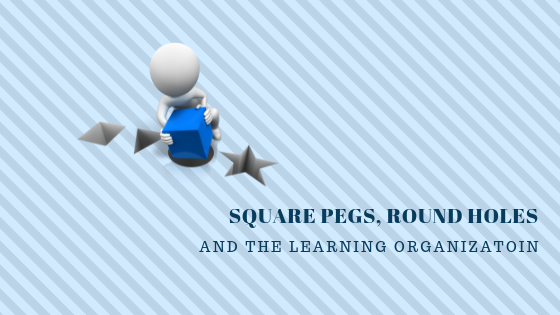
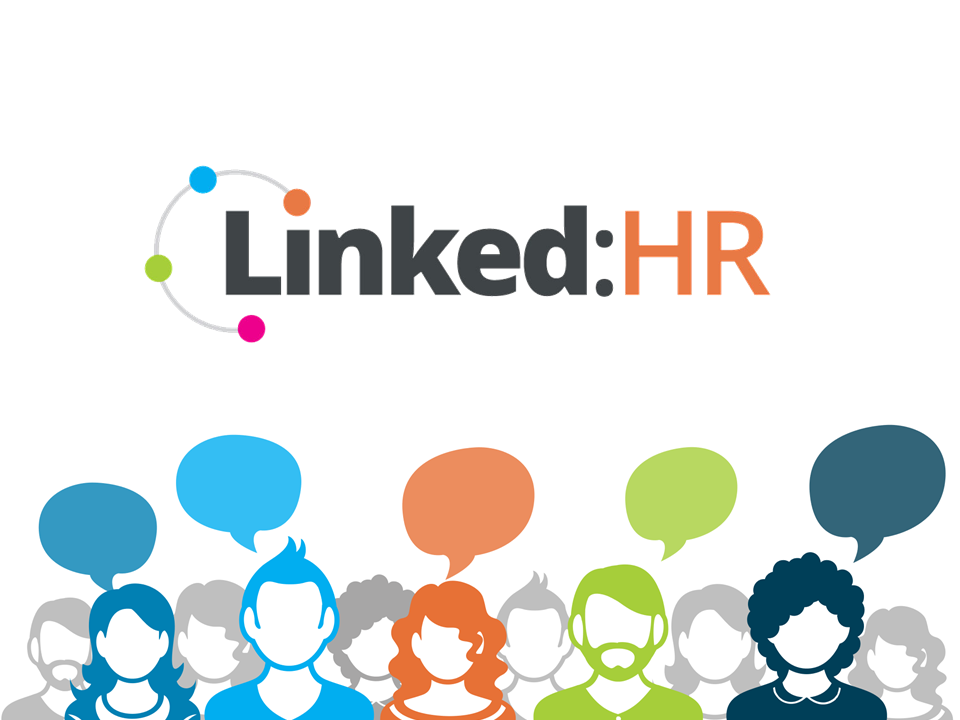
 RSS Feed
RSS Feed
